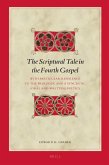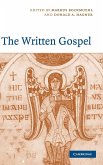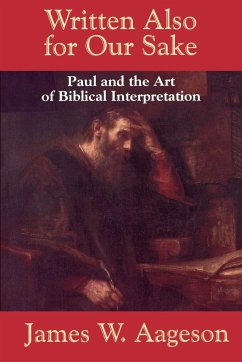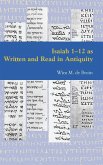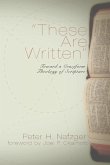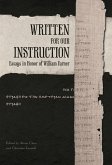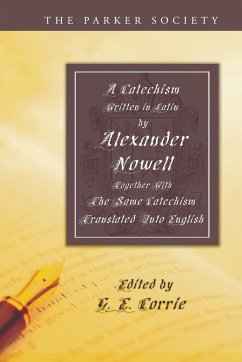If you are reading this, it is because you expect it to have meaning. You will be making assumptions about its author based on the content and context; you will be interpreting what you read in the light of your own prejudices and experience and the conditioning of your cultural surroundings. Does it matter what the author intended? Does an unintentional message have validity? Is there a single meaning of the text, or one on which we should all agree? These questions are obviously much more significant when the text concerned is the Bible, which Christians believe to be the word of God. In the face of claims that Evangelical biblical interpretation is based on principles which have nothing to do with Christian theology, this Study explores the philosophical integrity of the quest for meaning in a text, and discusses the benefi ts and pitfalls of the various tools we might bring to the task of interpretation. It draws inspiration from Scripture's own methods as the Old Testament is applied in New Testament writings, to give a Christian theological account of hermeneutics. The Revd Dr Benjamin Sargent is Assistant Curate in the Parish of Warblington with Emsworth in Hampshire and a Research Fellow at Wycliffe Hall, University of Oxford. His Oxford University DPhil was on the use of authorial intention in the New Testament and contemporary theological interpretation of Scripture. He is the author of numerous scholarly articles on biblical interpretation published in Churchman, Evangelical Quarterly and the Heythrop Journal.


